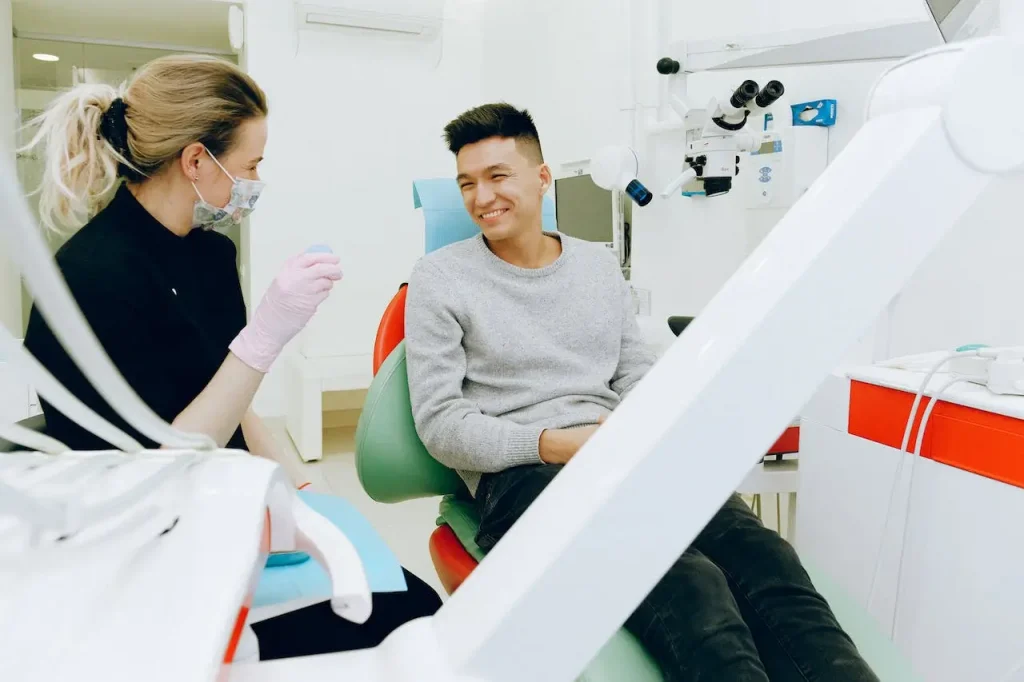Which Medications are Effective for Treating a Urinary Tract Infection (UTI)?

Are you suffering from the agonizing symptoms of a urinary tract infection (UTI)? Well, you’re not alone. UTIs affect millions of people each year, causing discomfort, pain, and inconvenience. Finding the right medication to effectively treat a UTI is crucial for getting relief and preventing any further complications.
In this article, we will explore which medications have been proven to be effective in treating UTIs. We will delve into both over-the-counter options and prescription medications, providing you with the information you need to make an informed decision about your treatment.
Whether you’re dealing with a mild or severe UTI, understanding which medications are most effective is vital. From antibiotics to pain relievers, we’ll cover the range of treatment options available, discussing their benefits, potential side effects, and any precautions you should be aware of.
Don’t let a urinary tract infection disrupt your life any longer. Read on to discover which medications can help you find relief and get back to feeling your best.
Understanding Urinary Tract Infections (UTIs)
A urinary tract infection (UTI) is an infection that affects any part of the urinary system, including the kidneys, bladder, ureters, and urethra. UTIs are usually caused by bacteria, most commonly Escherichia coli (E. coli), which normally live in the digestive system. However, when these bacteria enter the urinary tract, they can cause an infection.
Common symptoms of UTIs
The symptoms of a UTI can vary depending on which part of the urinary tract is affected. However, some common symptoms include:
- Frequent urge to urinate
- Pain or burning sensation during urination
- Cloudy or strong-smelling urine
- Blood in the urine
- Lower abdominal pain or discomfort
- Fever or chills (in more severe cases)
If you’re experiencing any of these symptoms, it’s important to consult a healthcare professional for a proper diagnosis and treatment.
Causes and risk factors for UTIs
UTIs can occur in anyone, but certain factors can increase the risk of developing an infection. These include:
- Female anatomy: Women have a shorter urethra than men, making it easier for bacteria to reach the bladder.
- Sexual activity: Sexual intercourse can introduce bacteria into the urinary tract.
- Menopause: Changes in hormone levels can increase the risk of UTIs in postmenopausal women.
- Urinary tract abnormalities: Structural abnormalities in the urinary tract can make it more susceptible to infections.
- Catheter use: People who use urinary catheters are at a higher risk of developing UTIs.
- Weakened immune system: Conditions such as diabetes or HIV/AIDS can weaken the immune system, making it harder for the body to fight off infections.
Understanding the causes and risk factors of UTIs can help in both prevention and treatment strategies.
Over-the-counter (OTC) medications for UTIs
Over-the-counter (OTC) medications can provide temporary relief from the symptoms of a UTI. However, it’s important to note that they do not treat the underlying infection and should not be relied upon as a sole treatment method. OTC medications commonly used for UTIs include:
1. Pain relievers
Pain relievers such as ibuprofen or acetaminophen can help alleviate the discomfort and pain associated with a UTI. These medications work by reducing inflammation and relieving pain, allowing you to go about your daily activities more comfortably. It’s important to follow the recommended dosage and consult with a healthcare professional if you have any underlying medical conditions or are taking other medications.
2. Urinary analgesics
Urinary analgesics are medications that specifically target the urinary tract to provide relief from the pain, burning sensation, and urgency associated with a UTI. These medications work by numbing the urinary tract, reducing the discomfort caused by the infection. It’s important to note that urinary analgesics should not be used for an extended period without consulting a healthcare professional.
3. Cranberry supplements
Cranberry supplements, often available in the form of capsules or tablets, have been widely used as a natural remedy for UTIs. Cranberries contain compounds that can prevent bacteria from adhering to the walls of the urinary tract, reducing the risk of infection. While cranberry supplements may help in preventing UTIs, their effectiveness in treating an existing infection is still a subject of debate. It’s important to consult with a healthcare professional before starting any cranberry supplement regimen.
While OTC medications can provide temporary relief, it’s important to seek proper medical treatment for a UTI to ensure the infection is fully cleared.
Prescription medications for UTIs
In more severe cases or when OTC medications are not providing sufficient relief, healthcare professionals may prescribe specific medications to treat UTIs. The most commonly prescribed medication for UTIs is antibiotics.
Antibiotics commonly used for UTIs
Antibiotics are medications that can kill or inhibit the growth of bacteria, making them an effective treatment option for UTIs caused by bacterial infections. The choice of antibiotic and the duration of the treatment will depend on several factors, including the severity of the infection, the type of bacteria causing the UTI, and any underlying health conditions.
Commonly prescribed antibiotics for UTIs include:
- Trimethoprim/sulfamethoxazole (TMP/SMX): This combination antibiotic is commonly used to treat uncomplicated UTIs.
- Nitrofurantoin: This antibiotic is often prescribed for uncomplicated UTIs and is especially effective against bacteria commonly found in the urinary tract.
- Ciprofloxacin: This broad-spectrum antibiotic is used to treat more severe UTIs or when other antibiotics are not effective.
It’s important to follow the prescribed dosage and complete the full course of antibiotics, even if symptoms improve before finishing the medication. This helps ensure that the infection is fully cleared and reduces the risk of antibiotic resistance.
Natural remedies and home treatments for UTIs
In addition to medications, there are several natural remedies and home treatments that may help alleviate the symptoms of a UTI and promote healing. While these remedies may provide some relief, it’s important to note that they should not replace proper medical treatment. Some natural remedies and home treatments for UTIs include:
- Drinking plenty of water: Staying hydrated can help flush out bacteria from the urinary tract.
- Avoiding irritants: Avoiding caffeine, alcohol, and spicy foods can help reduce irritation in the urinary tract.
- Applying heat: Applying a heating pad to the lower abdomen can help alleviate pain and discomfort.
- Probiotics: Consuming probiotic-rich foods or taking probiotic supplements may help promote a healthy balance of bacteria in the urinary tract.
It’s important to consult with a healthcare professional before trying any natural remedies or home treatments, especially if you have underlying health conditions or are taking other medications.
Prevention strategies for UTIs
Preventing UTIs is key to avoiding the discomfort and inconvenience they bring. Here are some strategies that can help reduce the risk of developing a UTI:
- Drink plenty of water: Staying hydrated helps flush out bacteria from the urinary tract.
- Urinate before and after sexual activity: This helps flush out any bacteria that may have entered the urinary tract during intercourse.
- Wipe from front to back: This reduces the risk of bacteria from the anal area spreading to the urethra.
- Avoid using irritating products: Avoid using harsh soaps, douches, or feminine hygiene sprays that can disrupt the natural balance of bacteria in the urinary tract.
- Wear breathable underwear: Opt for cotton underwear that allows air circulation, reducing moisture and bacterial growth.
By implementing these prevention strategies, you can reduce the likelihood of developing a UTI.
When to seek medical attention for UTIs
While mild UTIs can sometimes be managed with OTC medications and home remedies, it’s important to seek medical attention if:
- Symptoms worsen or persist for more than a few days
- You experience severe pain or discomfort
- You develop a fever or chills
- You have recurrent UTIs
- You are pregnant or have underlying health conditions
A healthcare professional can provide a proper diagnosis and recommend the most appropriate treatment for your specific situation.
Conclusion: Finding the right medication for your UTI
Urinary tract infections (UTIs) can be incredibly uncomfortable and disruptive, but with the right medication, relief is possible. From over-the-counter (OTC) options to prescription antibiotics, there are various treatment options available. It’s important to consult with a healthcare professional to determine the most effective medication for your specific situation.
Remember, while OTC medications can provide temporary relief, they do not treat the underlying infection. If symptoms persist or worsen, it’s important to seek medical attention. Additionally, implementing prevention strategies can help reduce the risk of developing UTIs in the future.
Don’t let a UTI hold you back any longer. Take control of your health and find the right medication to get back to feeling your best.

